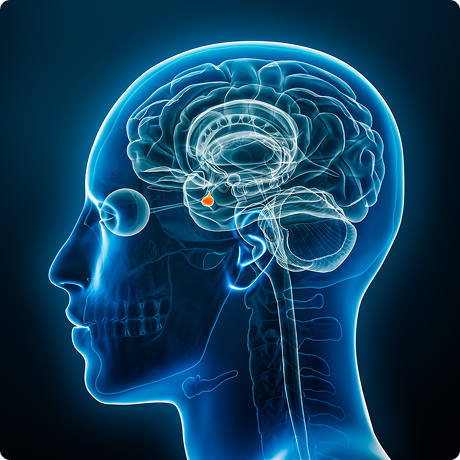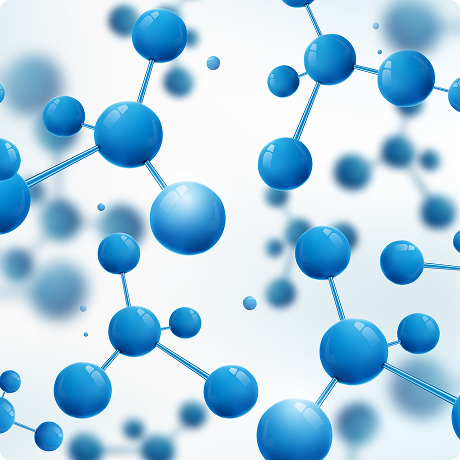Cushing syndrome is an uncommon condition that happens when your body has too much of a hormone called cortisol. Another word for Cushing syndrome is hypercortisolism.1


Cushing syndrome is rare. It affects 40 to 70 people out of 1 million each year.1
Each person may have symptoms in a different way. These are the most common signs and symptoms:
2
Each person may have symptoms in a different way. These are the most common signs and symptoms:
2
Each person may have symptoms in a different way. These are the most common signs and symptoms:
Each person may have symptoms in a different way. These are the most common signs and symptoms:
2
Each person may have symptoms in a different way. These are the most common signs and symptoms:
2
Difficulty with voluntary movements and balance. Sudden, uncontrolled electrical disturbances in the brain. Involuntary, rhythmic muscle contractions leading to shaking movements in one or more parts of the body.
Challenges in acquiring knowledge and skills to the level expected of those of the same age, particularly in school-aged children. Progressive loss of cognitive functions, including memory, problem-solving, and attention.
An increase in size of the liver and/or spleen due to lipid accumulation, which can lead to abdominal swelling and discomfort.
Challenges in breathing that may include shortness of breath, rapid breathing, or a chronic cough, potentially leading to recurrent respiratory infections.

The role of glucocorticoid medicines (exogenous Cushing syndrome)
Cushing syndrome can happen from taking glucocorticoid medicines. These are often used to treat inflammatory diseases such as rheumatoid arthritis, lupus and asthma. Pain or injury in the back or joints and many skin rashes may be treated with glucocorticoids. They also may be used to stop the body from rejecting a new organ after a transplant.
When the body makes too much cortisol (endogenous Cushing syndrome)
A hormone made in the pituitary gland controls how much cortisol the body makes. This is called adrenocorticotropic hormone (ACTH). Some tumors make ACTH, which creates more cortisol and can cause Cushing syndrome. Problems with the adrenal glands also can affect cortisol and cause Cushing syndrome.3